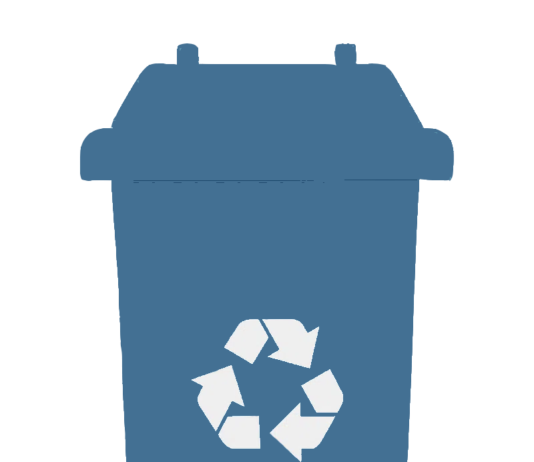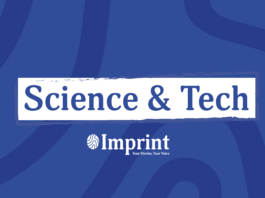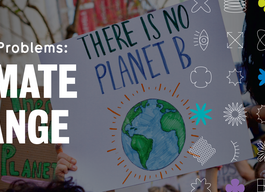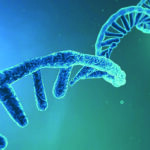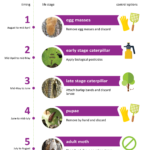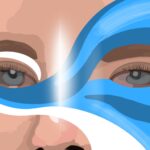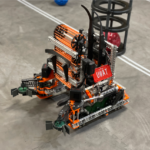DNA from skeleton in Indonesia unearths key Asian migration route
In southeast Asia, there are many unknowns concerning the population history of early modern humans. The archaeological record in this area is minimal and...
The inside and outside game of Fossil Free UW
This summer, Fossil Free UW achieved what it had been working toward for years — pressuring the University of Waterloo to commit to carbon-neutral...
Software developers’ race may affect their contribution acceptance rate
University of Waterloo researchers have found that a software developer’s race and ethnicity may affect how their work is judged by others. According to...
Velocity reaches $2 billion funding milestone
In recent weeks, the total amount of funding raised by companies under Velocity — the University of Waterloo’s tech incubator — has surpassed $2.4...
How were mRNA vaccines developed so quickly?
Vaccine development is a lengthy process. It can take up to 10 years to go from a prototype to completed human trials, especially if...
Ontario wildfires rage on due to climate change
Southern Ontario has seen high amounts of smoke and smog this summer, causing hazy skies. The drop in air quality is linked to wildfires...
The science of sex: Using pheromones to stop gypsy moth infestation
This year’s gypsy moth outbreak has been devastating to local ecosystems across the province, as well as specifically in Waterloo, Ont. Previous attempts to...
Canada’s first autonomous bus rolls out
As early as this fall, students at the University of Waterloo will be able to ride the WATonoBus — the first driverless shuttle bus...
UW tech treats eye diseases that cause blindness
A new touchless technology, developed by engineering researchers at the University of Waterloo, has the potential to detect signs of major blinding diseases in...
UWAT robotics team wins world championship
The University of Waterloo is home to many thriving student design teams, and the UWAT robotics team is no exception. The student-led group competed...
























